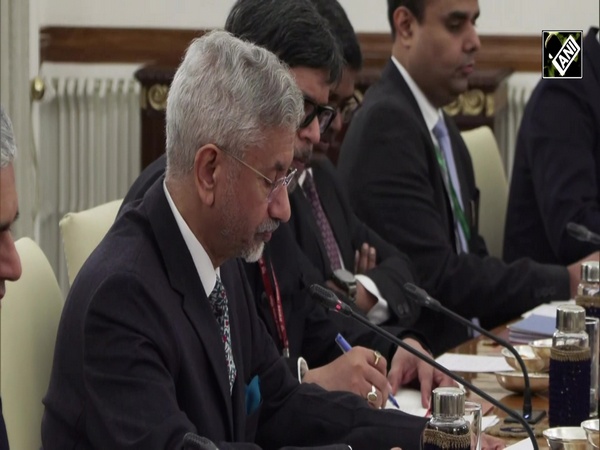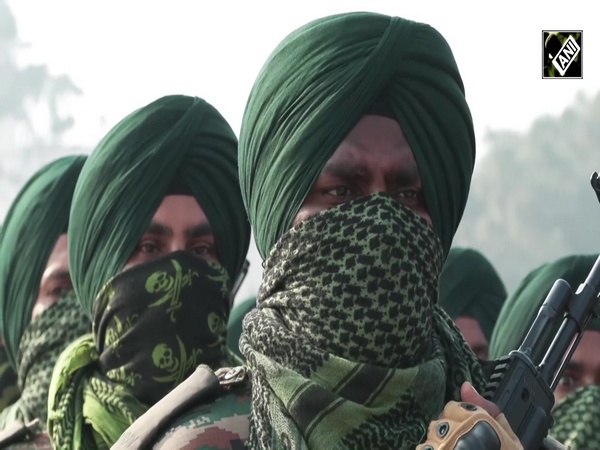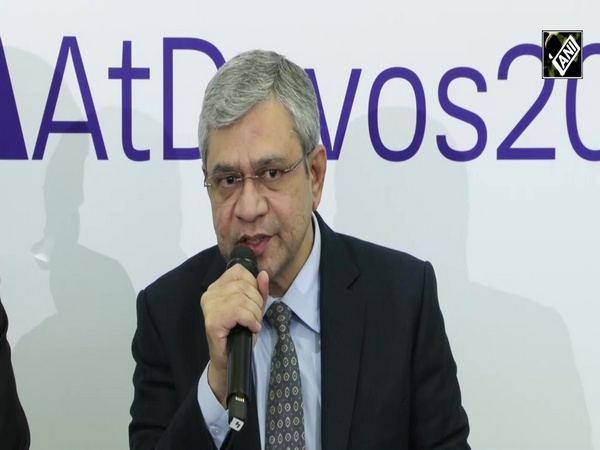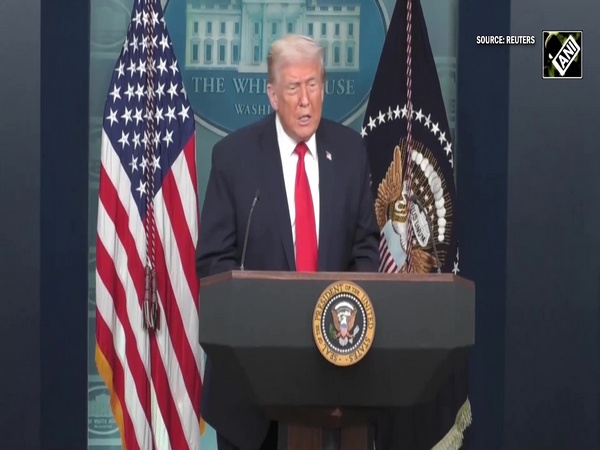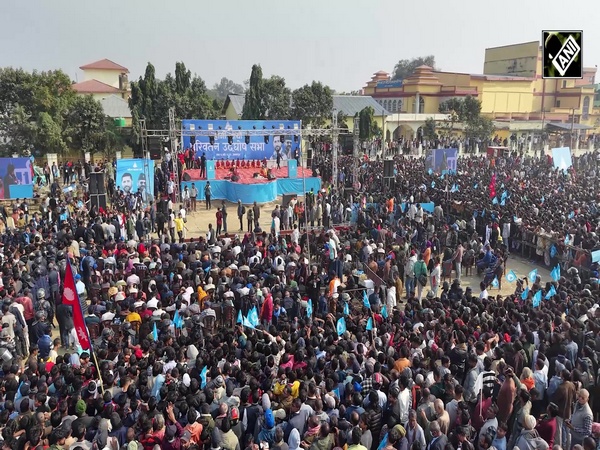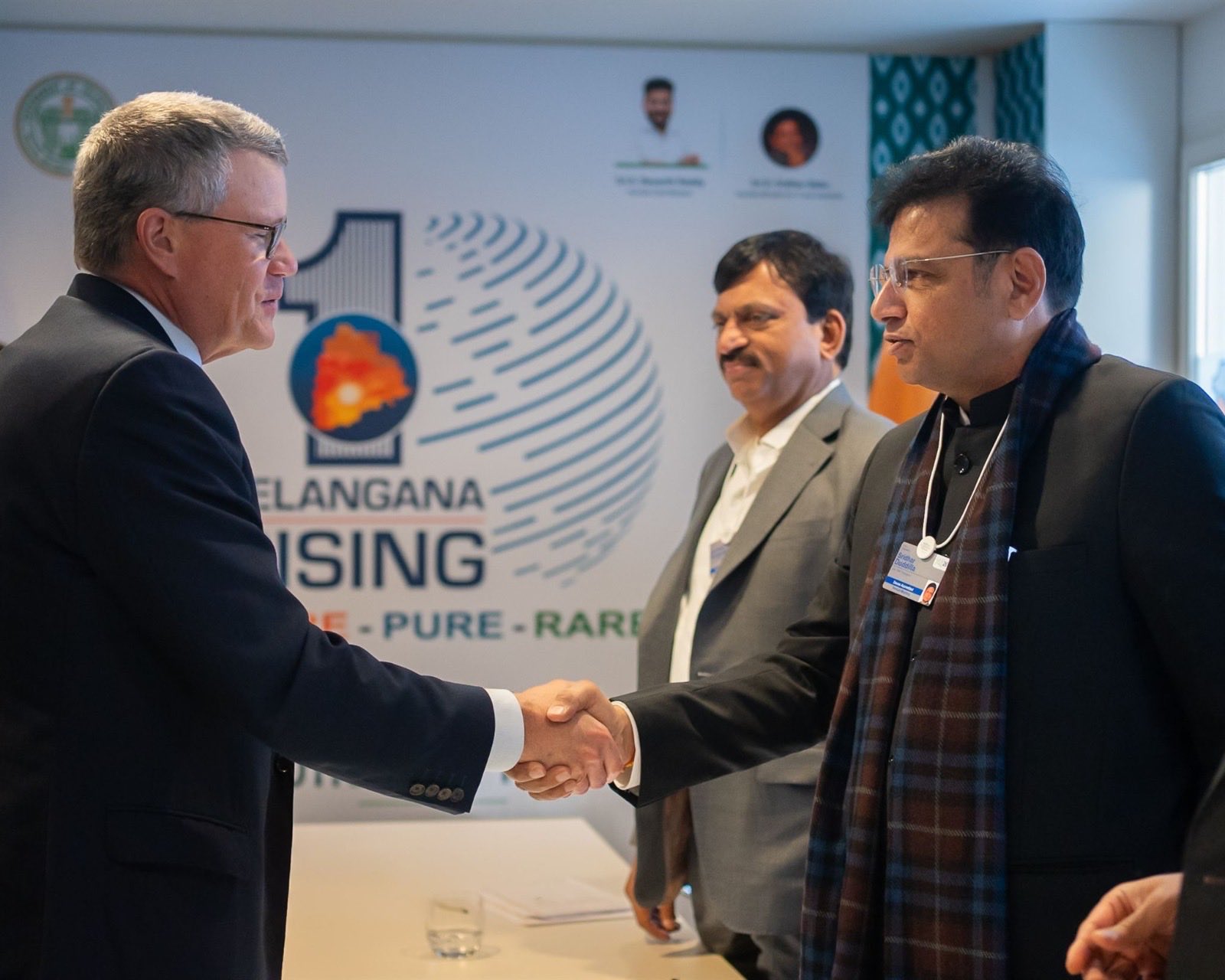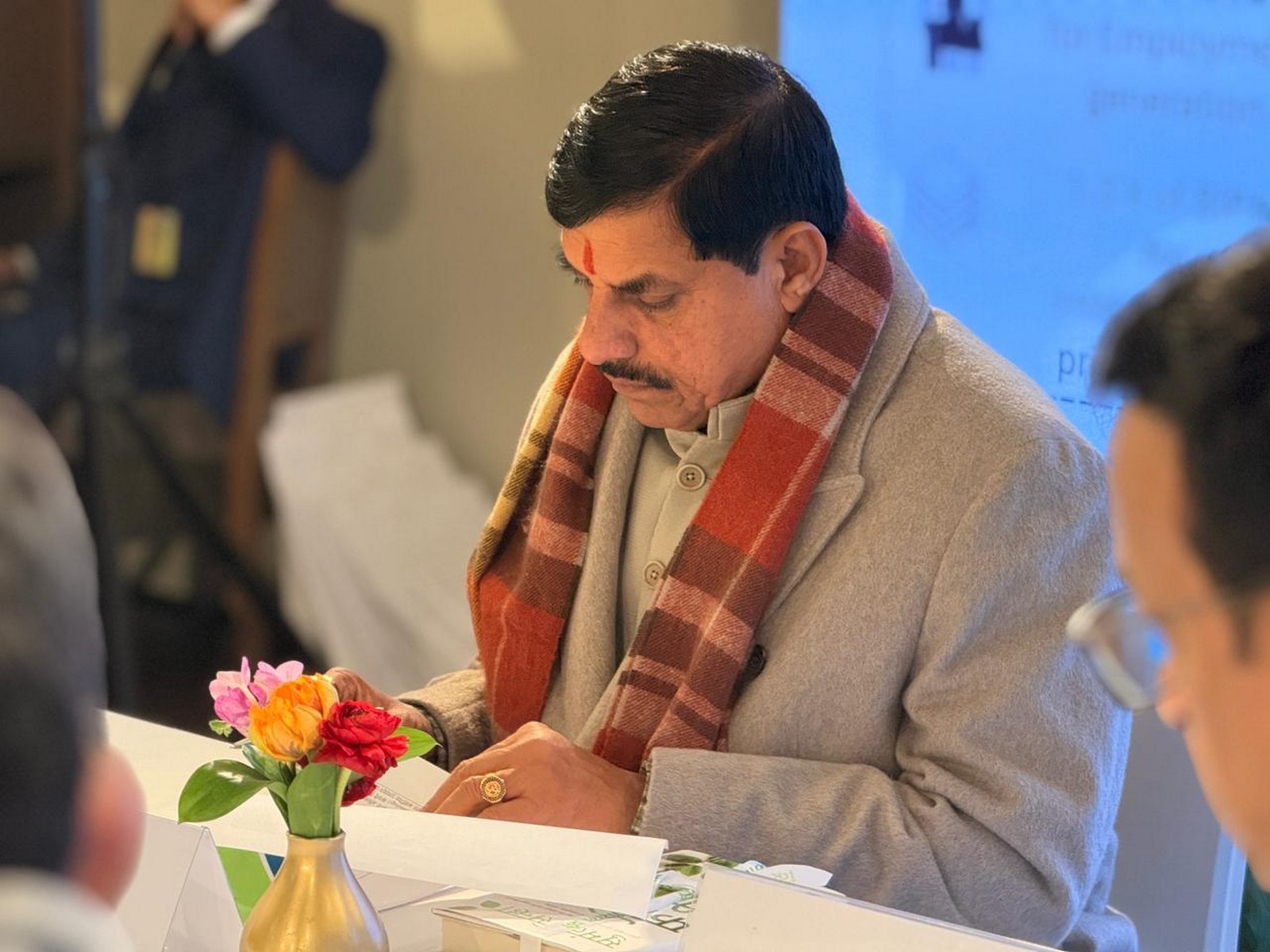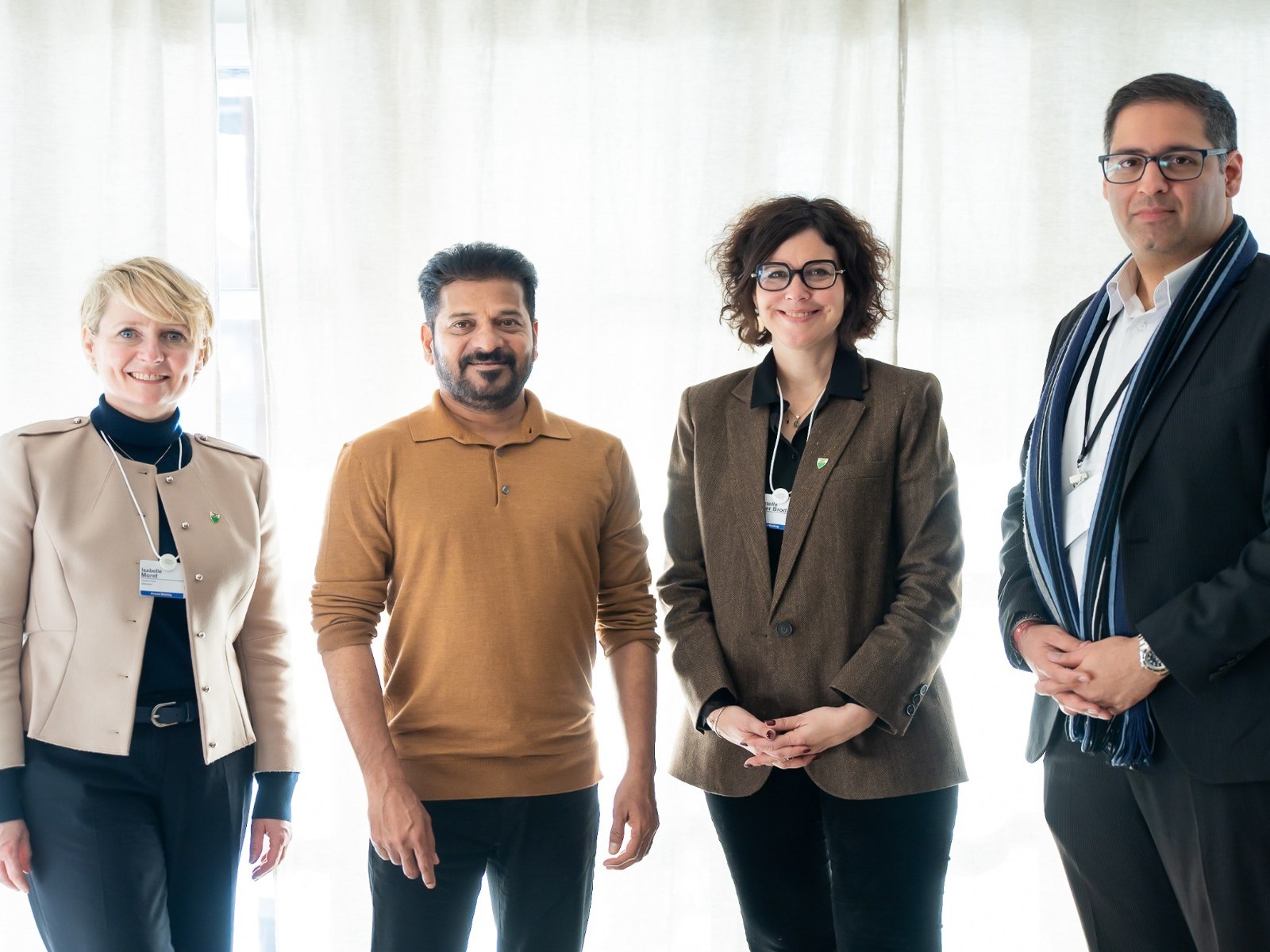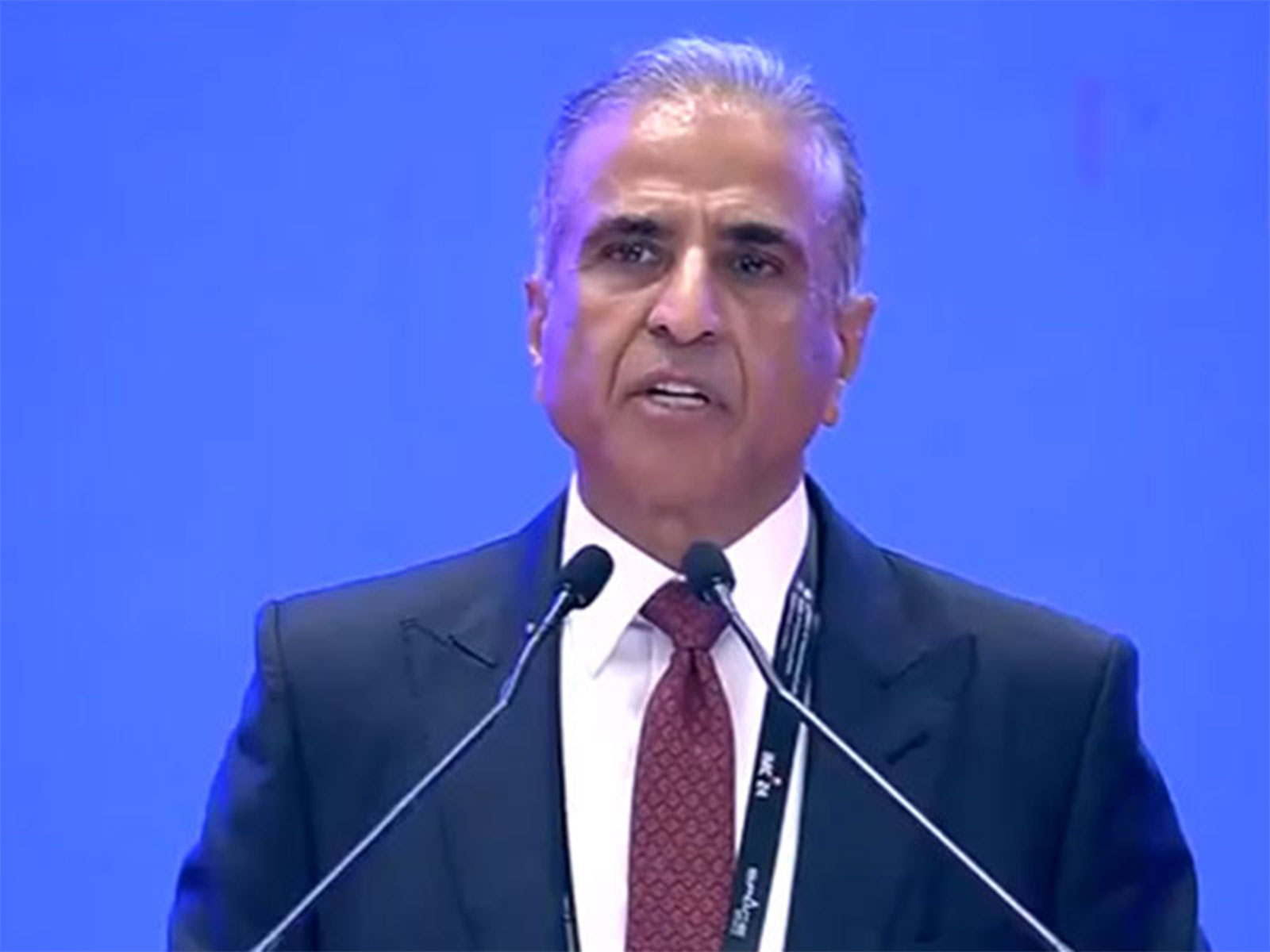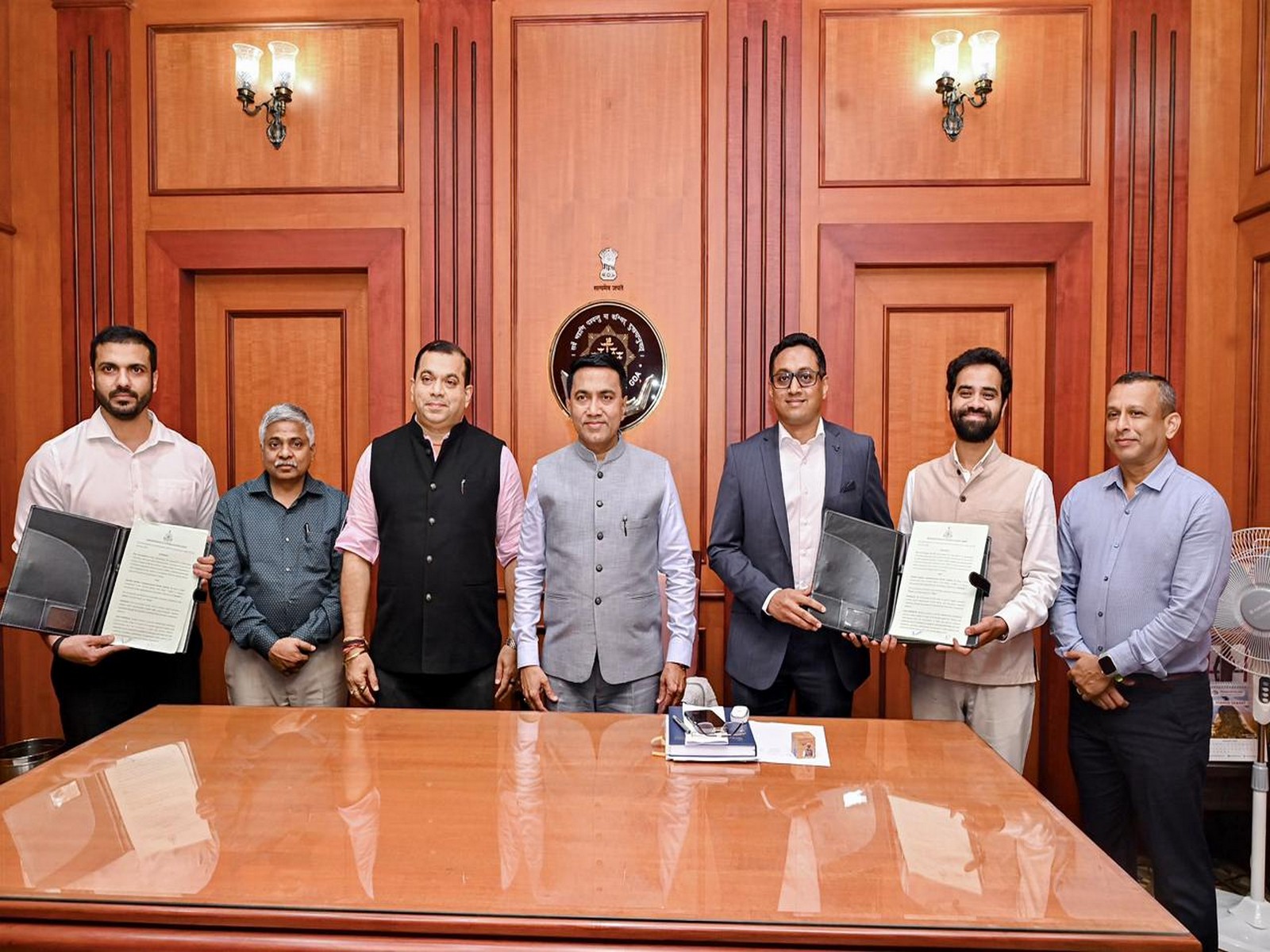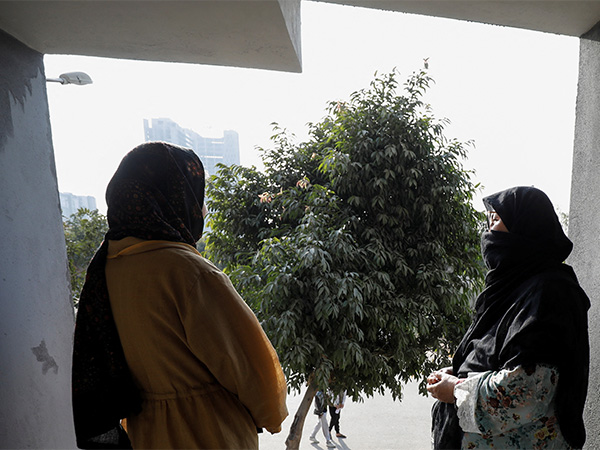
WHO reports health challenges for Afghan returnees from Pakistan, Iran
Aug 24, 2025
Kabul [Afghanistan], August 25 : Afghan returnees from Pakistan and Iran are facing severe healthcare challenges, including shortages of essential medicines, female health staff, gender-sensitive services, isolation facilities, trauma care, and mental health and psychosocial support (MHPSS), Khaama Press reported, citing the World Health Organisation (WHO).
According to the WHO, between July 31 and August 15, 2025, a total of 106,109 people returned to Afghanistan from Pakistan and Iran, with 83.7 per cent arriving from Iran. Returns through the Torkham crossing nearly tripled during this period, highlighting the pressure on border healthcare services.
WHO reported that the Omari camp in Torkham recorded 566 outpatient consultations, mostly for respiratory infections and diarrhoea, while 20,582 people were vaccinated against polio and measles. At Islam Qala, 1,079 returnees received primary healthcare, including 297 treatments related to trauma, with 24,519 children under 10 vaccinated against polio and measles.
Integrated healthcare services were also provided at the Spin Boldak and Milak borders, with 8,683 consultations and 22,711 polio vaccinations. Additionally, 134 children received oral polio vaccines (OPV). Despite these efforts, shortages of isolation facilities and female staff remain a major concern, Khaama Press reported.
Returnees with disabilities or those requiring mental health and psychosocial support face significant gaps, particularly at Milak. WHO emphasised the urgent need for investment in comprehensive healthcare and specialised services to protect vulnerable populations.
Meanwhile, hundreds of Afghan citizens remain stranded in Pakistan after their hopes of relocating to a third country were dashed due to changes in asylum policies in the United States and other nations, Geo News reported. Many of these Afghans had previously held stable jobs in Afghanistan.
Following the Taliban's return to power in August 2021, a large number of Afghans fled to Pakistan. However, as Islamabad tightens its immigration policy, these refugees are now stuck, unable to move forward due to changes in global refugee policies.
In Islamabad's Argentina Park, nearly 300 Afghan families are living in temporary shelters. Among them is 24-year-old Samia from Baghlan City, who fled Afghanistan in February 2022 and now resides with her infant son, Daniyal, born in Pakistan.
Earlier this month, Pakistan directed Afghans in the southwest to leave, prompting thousands to head to the border, officials said. A deportation campaign, initially launched in 2023, was renewed in April when the government revoked hundreds of thousands of residence permits and warned of arrests for non-compliance, Geo News reported.










